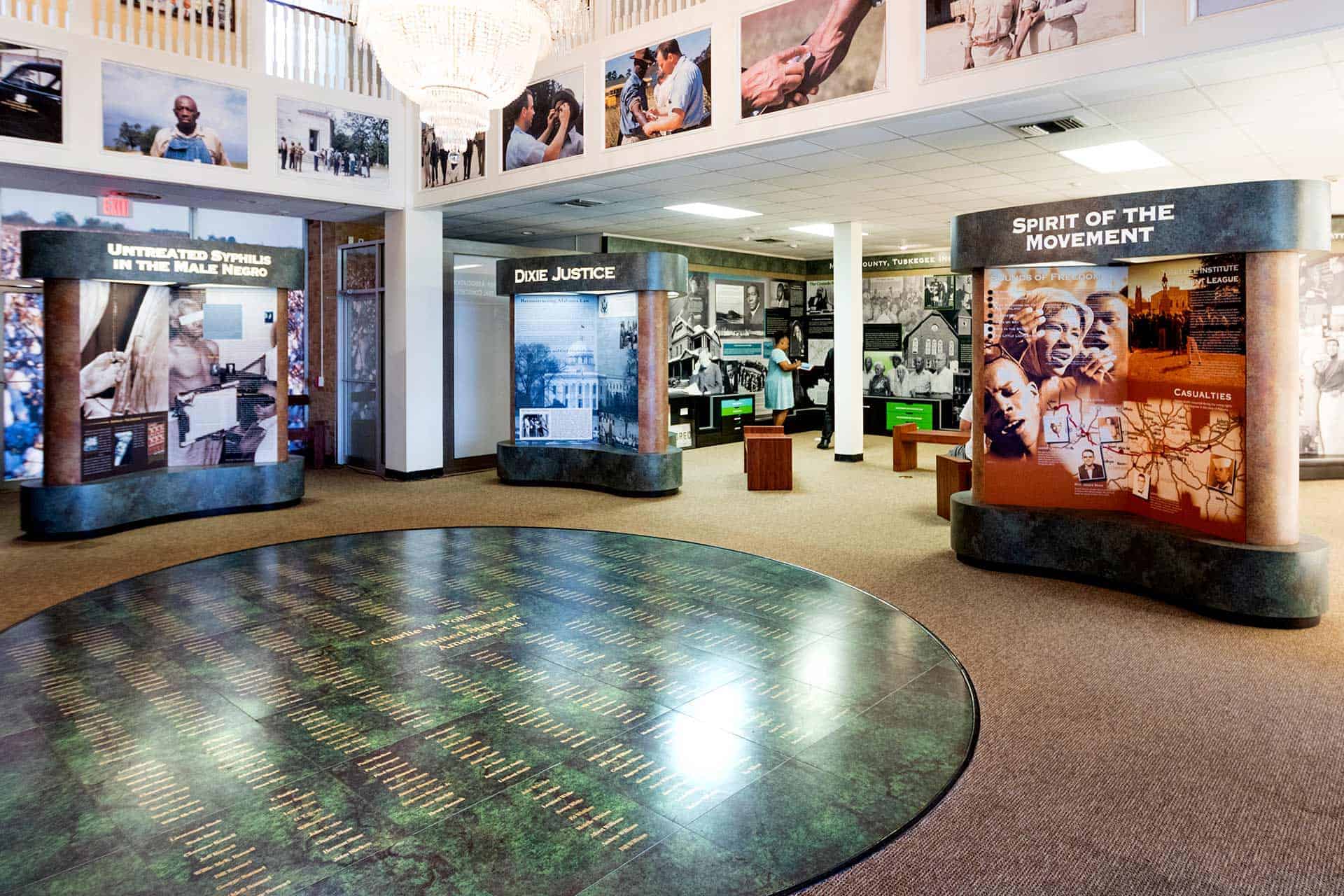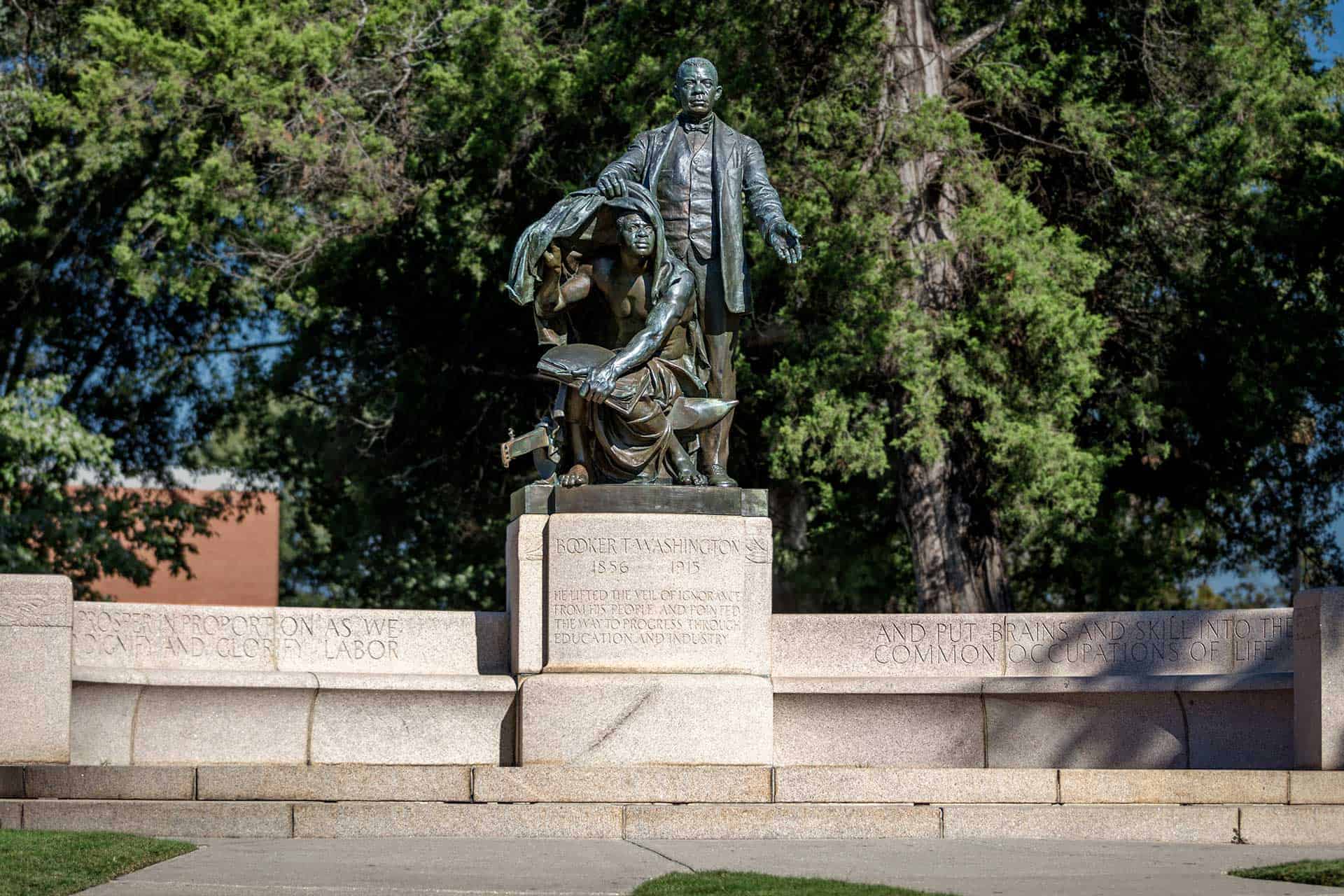Fred Gray is still at it at 93, working in his law practice, which has offices in Montgomery and Tuskegee most every day. Alabama Tourism director Lee Sentell has enjoyed getting to know Gray these past 20 years and has learned much from him. “People are amazed that Attorney Gray, who was Rosa Parks’ and Martin Luther King’s personal attorney, is still working and speaking. His memory and recall are perfect,” said Sentell.
Although many of Gray’s clients were high profile, Gray was not as widely known, largely because his role in the civil rights movement was behind the scenes. Gray was, as King described, “the general counsel” of the protest movement.The two As “the general counsel” of the protest movement, Gray worked closely with King on the Montgomery Bus Boycott, Gray fresh out of law school, King the new pastor at Dexter Avenue Baptist Church. King was the protest’s voice, Gray its legal counsel.
“I wasn’t the one talking to the public, but I had to keep the law straight,” said Gray. “It was my responsibility that everything they did was legal.”

The Work Continues
In the ensuring decades, Gray’s legal expertise continued to be called upon in numerous landmark civil rights cases. He also ran for public office and was elected to the Alabama legislature, the first time an African American had been elected to that legislative body since Reconstruction.
He also cofounded the Tuskegee Human and Civil Rights Multicultural Center (now the Tuskegee History Center). “He enjoys showing off the center, which he created with funds from President Bill Clinton,” said Sentell.
Although the center opened in 1997 as a memorial to the black men who died or suffered after being intentionally misinformed about the nature of the Tuskegee Syphilis Study, its exhibits have expanded since then. It explores the three cultures that have influenced Tuskegee—Native American, European American and African American—and examines important advances made by students at the Tuskegee Institute (now Tuskegee University), the first institution of higher learning for African Americans. And the center details the struggle for civil rights, making it an essential stop on the U.S. Civil Rights History Trail, Gray says. “We have in our small museum a glimpse of every aspect of the civil rights movement from the right to vote to civil rights amendments made to the Constitution to all the cases from slavery forward.
“With our exhibits, you see who these people were, what they did and how they did it,” said Gray.
The center also reminds that the work to guarantee equal rights for all continues. “You are able to look at the problems we are facing now,” said Gray.
Not surprisingly, Gray has received many prestigious awards, including the Thurgood Marshall Award, the American Bar Association’s highest honor. In 2022, he received the Presidential Medal of Freedom, the highest civilian honor in this country. President Joe Biden rang Gray to tell him the news. No doubt, those awards are meaningful. But Gray reminds, they were never his motivation.
“My goal was to see that African Americans had all of the rights and privileges as all other citizens of the United States.” That work, he says, is not done. “The struggle for equal justice under the law continues, and I’m still at it; I filed a civil rights case about a year ago to get the Confederate Monument moved from the square in Tuskegee.” His work is as prolific and important as it gets, and his contributions have literally changed lives and history.
To discover more about this travel guide, visit https://grouptravelleader.com/civilrights/

























